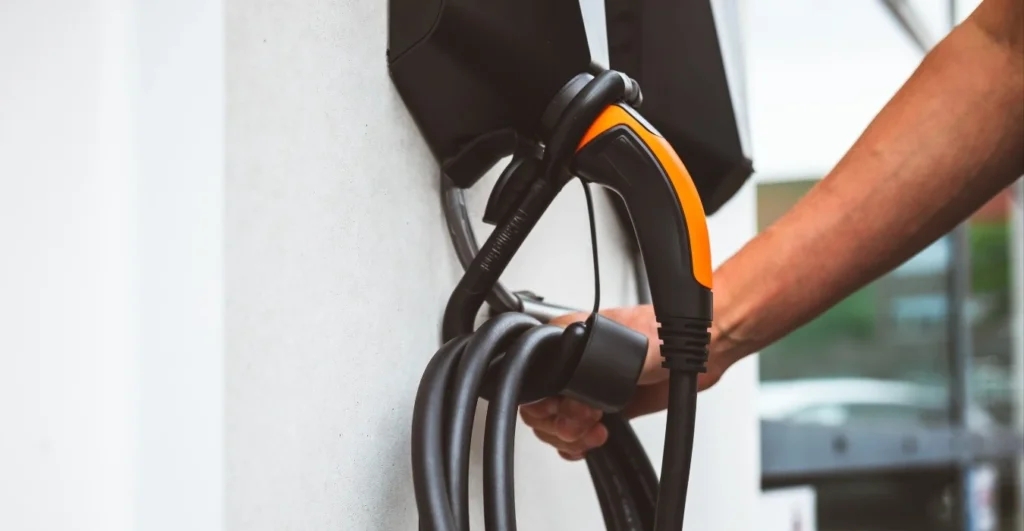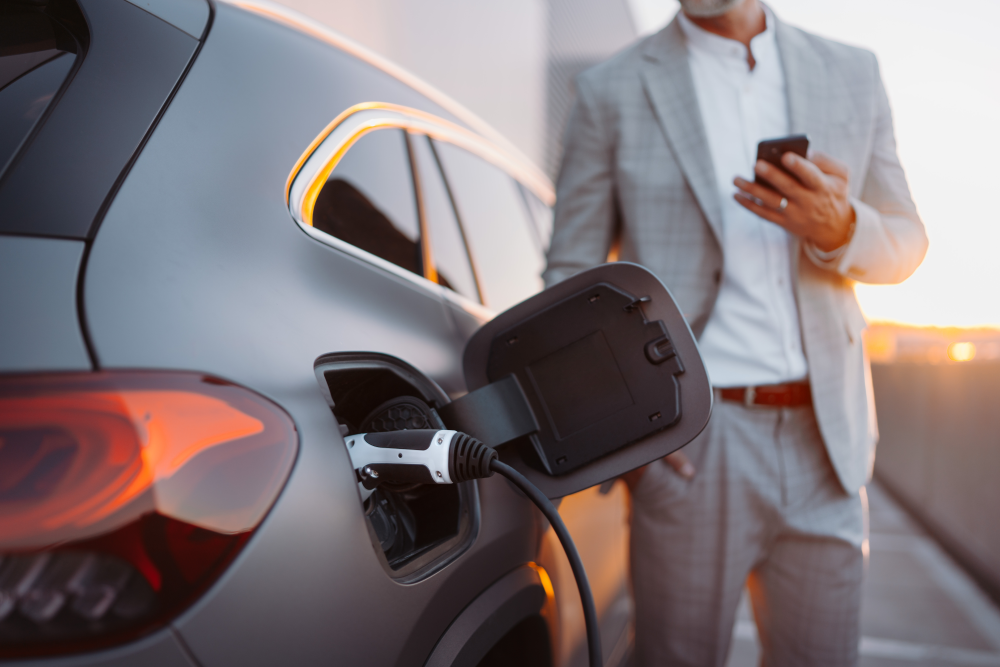Electric Cars and Insurance: What You Need to Know
Electric vehicles (EVs) are becoming more popular as people seek cleaner, greener transportation options. But if you’re thinking about buying an electric car, it’s important to understand how owning one might affect your car insurance. Here’s a straightforward guide to what you need to know about insuring electric cars.
Why Insurance for Electric Cars Can Be Different
Electric cars often cost more to insure than traditional gasoline vehicles. This is because EVs typically have higher upfront prices and more expensive parts, especially their batteries. Repairs can require specialized skills and equipment, which drives up the cost for insurance companies. As a result, premiums tend to be higher compared to similar gas-powered cars.
Factors That Affect Your EV Insurance Rates
- Repair Costs: Batteries and electric drivetrains are costly to fix or replace. Even minor accidents might require expensive repairs.
- Vehicle Value: Many electric cars, especially newer models, are still priced at a premium, which raises insurance costs.
- Safety Features: On the positive side, EVs often come with advanced safety technology, like automatic emergency braking and lane-keeping assist. These can sometimes help reduce your premium.
- Battery Protection: Some insurers offer specific coverage for battery damage or degradation, which can be an important consideration for EV owners.
Are There Discounts or Special Coverage Options?
Yes. Some insurers provide discounts for electric vehicles, especially if the car has strong safety ratings or if you charge your car at home rather than at public stations, reducing risk. Additionally, many insurers offer green or eco-friendly discounts as part of their sustainability efforts.

Consider Usage-Based Insurance
Because many EV owners drive less or more cautiously, usage-based or pay-as-you-drive insurance policies can be a good fit. These programs use telematics to monitor your driving and may offer savings if you drive safely or put fewer miles on your vehicle.
Charging Equipment and Home Coverage
If you install a home charging station, it’s worth checking if your homeowner’s insurance covers it. Some policies require additional coverage for the charger and related electrical work.
What About Liability?
Liability insurance for electric cars works the same as for any other vehicle. It covers damages or injuries you cause to others. However, because EVs are generally heavier due to their batteries, some insurers may adjust premiums based on weight-related risk factors.
Tips for Lowering Your Electric Car Insurance
- Shop around and compare quotes specifically for electric vehicles.
- Ask about discounts related to safety features or eco-friendly choices.
- Consider raising your deductible to lower your premium.
- Keep a clean driving record to maintain the best rates.


